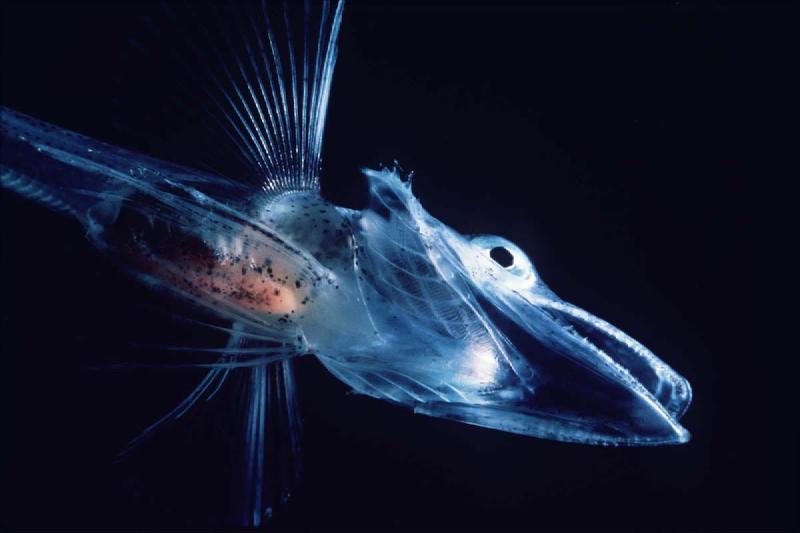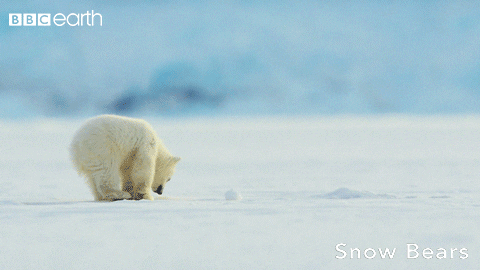Hello and welcome to another Fun Fact From Flora , Today we are looking at a particularly wild and whacky fish known as an icefish.
Now, that name may make you think that I am going to tell you they are so cool because they live in very chilly places (which they do). And you might think of this:
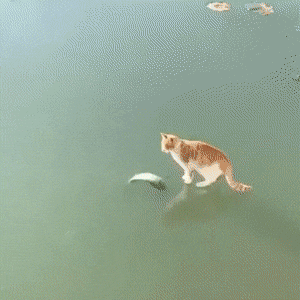
But they actually look like this:
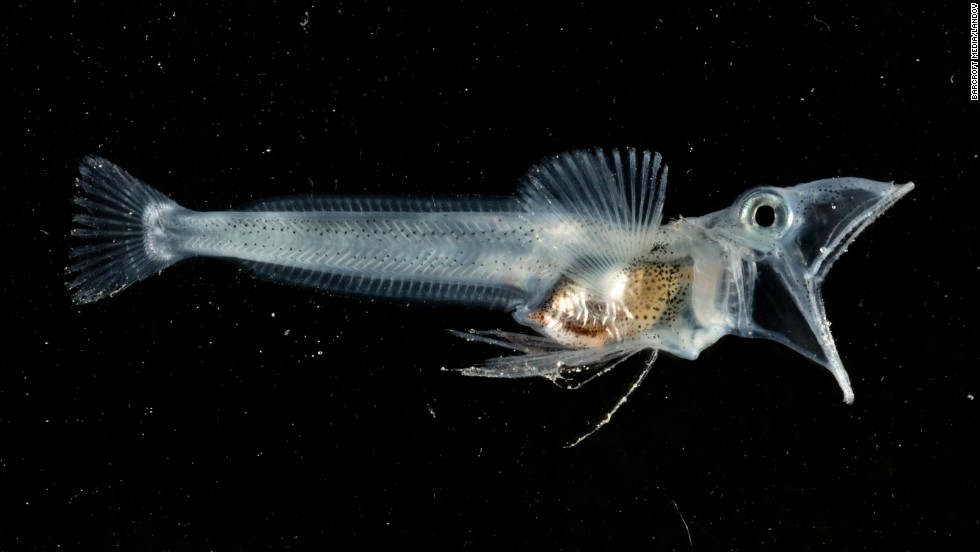
And these, my friend, are some pretty hardcore fish. They are just swimmin" around, living their lives, without ANY haemoglobin in their bloodstream. These guys are the ONLY known vertebrates that totally lack haemoglobin as adults. That means no red blood cells. Nada.
This means that, yes, their blood is totally clear.
And this is not just a quick swap. Can’t go from having haemoglobin to not having haemoglobin in a pinch. From an evolutionary perspective this is a total body and circulatory system overhaul.
In (most) vertebrates, haemoglobin is pretty darn essential. It binds to that handy oxygen stuff and carries A LOT of it through the body.

Yep, that’s exactly what it’s like. Your poor haemoglobin lugging all that oxygen around.
Except these guys have lost the genes for haemoglobin (and also myoglobin — for the science nerds out there).
So, in order to have a system that doesn’t rely on haemoglobin at all anymore the icefish had to go through some pretty major anatomical and chemical adaptations compared to other similar fish (even fish from the same family).
Firstly the icefish’s gills are HUGE relative to its body size, it has no scales (which might help it to absorb some of that sweet sweet oxygen from the surrounding water) and a heart that is four times the size of similar fish. It also makes antifreeze proteins like lots of other cold water fish that hang out in sub-zero sea temperatures (oof).
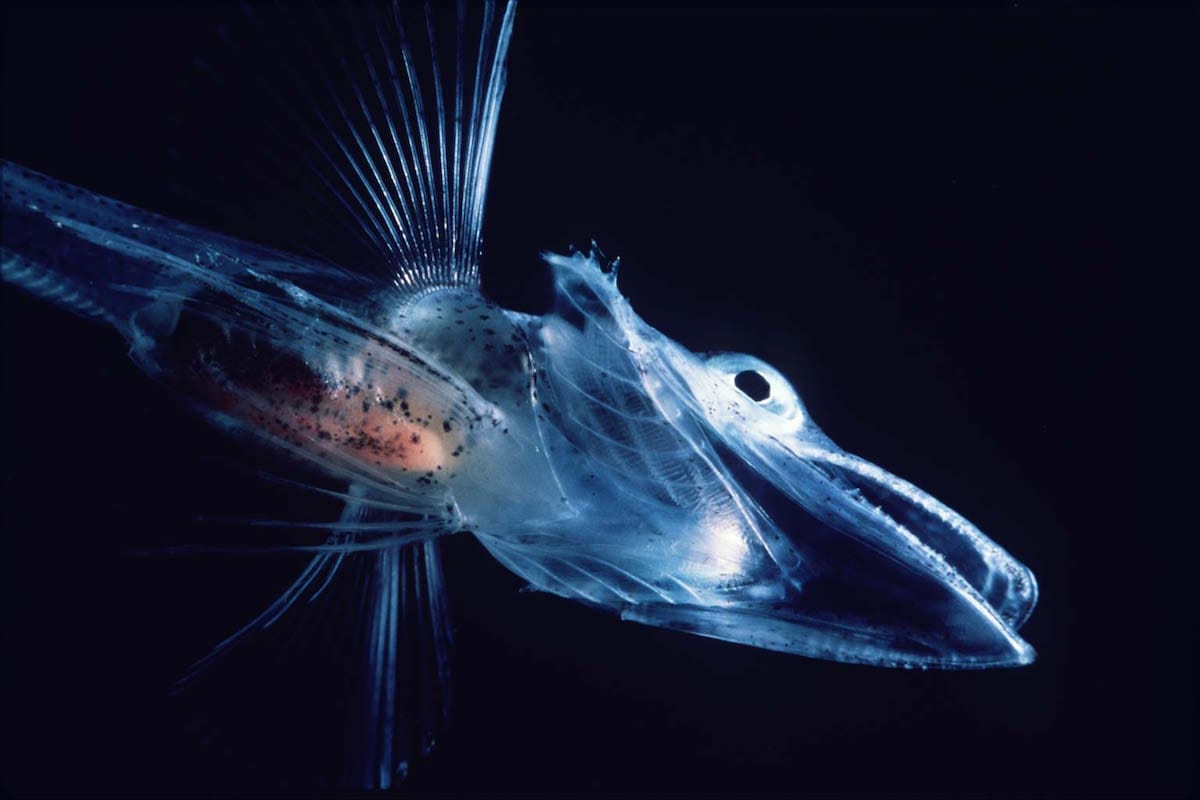
This means that oxygen exists entirely in a physical solution in icefish blood, unlike other vertebrates where the oxygen is biologically bound up. This means their blood can carry only 10% of the oxygen that their haemoglobin-possessing relatives have.
Right, so we have had a look at just how much this fish has had to adapt (massive gills and huge heart and whatnot) just to get rid of something that actually is very useful.
Evolution?

It is pretty crucial to note here that haemoglobin performs a whole lot worse at colder temperatures. And seawater is can hold more oxygen as it gets colder. That means that when biologists first found that icefish had clear blood in the 1950s, they thought it was an adaption to the cold. Makes sense.
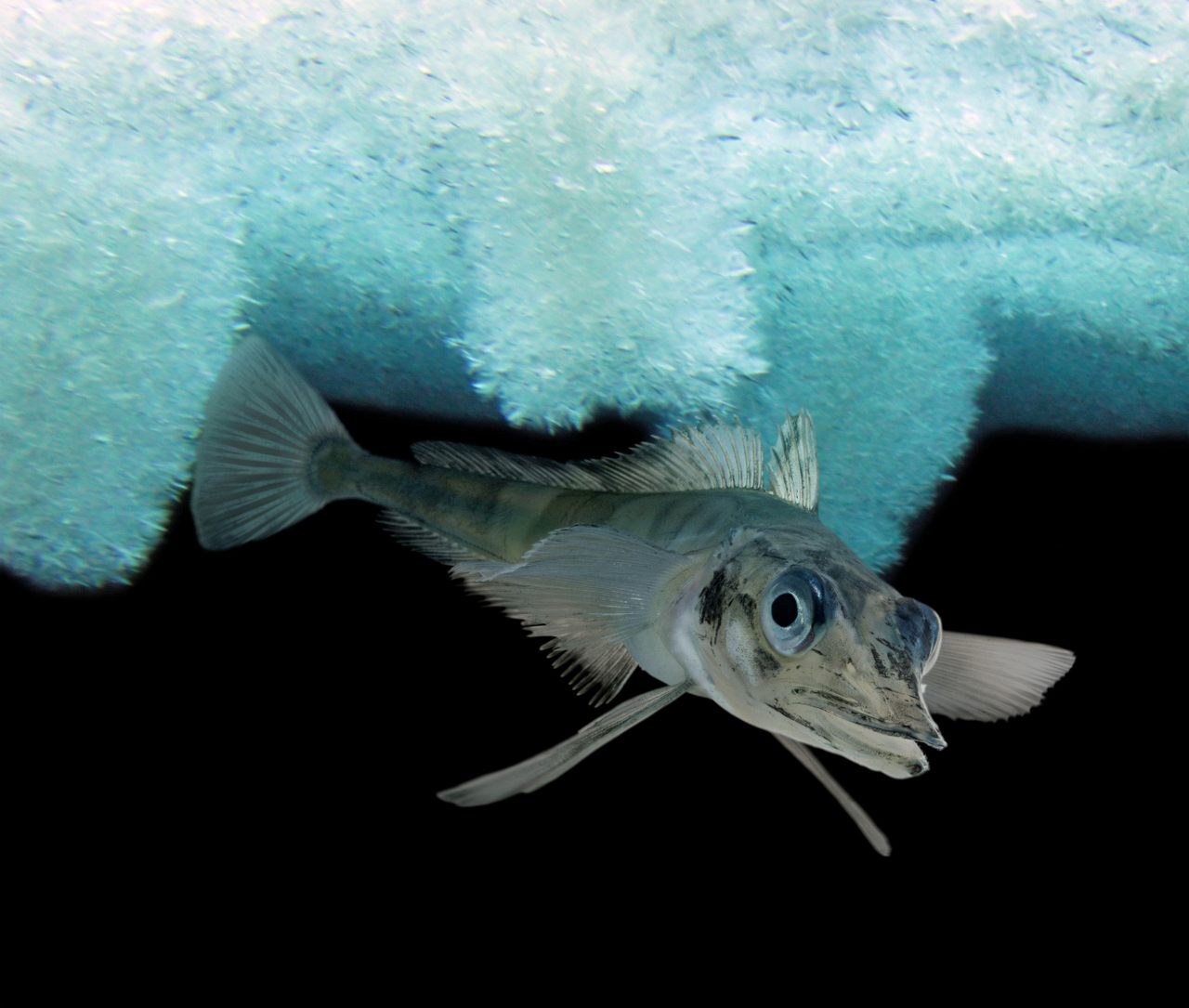
But that doesn’t seem to be the case. It seems that actually the loss of haemoglobin genes was probably an accident, and it was lucky that the icefish pulled through at all. In most environments, losing your haemoglobin genes would be totally fatal. You"d be a goner.

But because the freezing Antarctic waters hold a lot of that tasty, dissolved oxygen, it seems they were able to survive without it.
However, it might not have been for the best. One paper in 2006 said that the losses of the haemoglobin genes do not appear to be of adaptive value . Ouch. Instead they led to higher energetic costs for circulating blood and reduced cardiac performance as well as having to modify — you know — their WHOLE cardiovascular system.
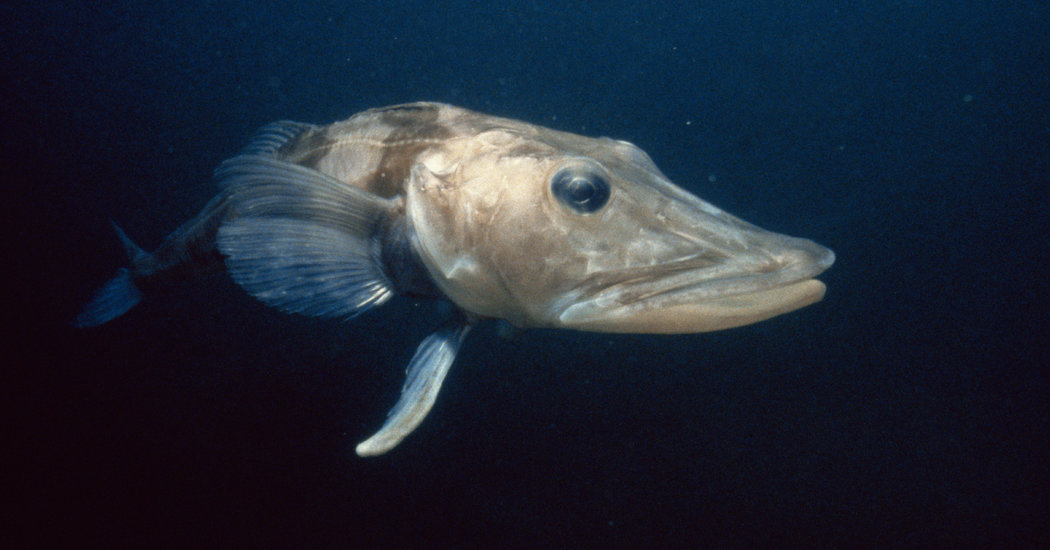
So, what really stands out when you start looking into Antarctic icefish is that you see a lot of phrases like disadvantageous traits, non-advantageous, extraordinary biology, and lucky accident,. It is pretty clear that these guys are a bit of an evolutionary conundrum.
It isn’t all bad news though. One developmental biologist, John Postlethwait, at the University of Oregon said that they had finally evolved a cure for anaemia. No haemoglobin, no red blood cells, no anaemia — what a win!
All in all they are pretty cool dudes. They abandoned haemoglobin, pushed on through their own sheer force of will , in spite of several sub-lethal mutations and morphological changes.

Thanks again for coming by.
Love Flora xxx
